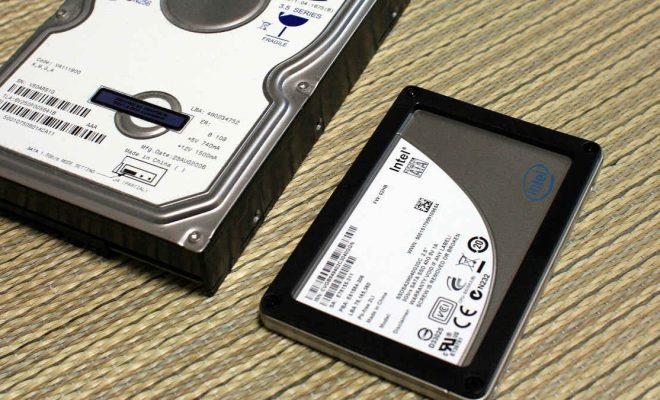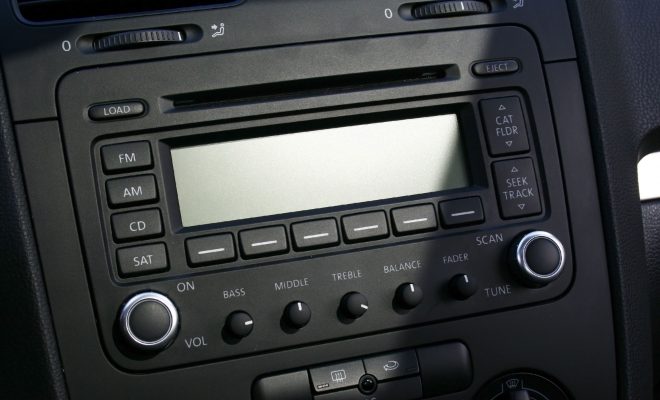Advantages and Disadvantages of SSHDs (Solid State Hybrid Drives)

Solid State Hybrid Drives, also known as SSHDs, are a relatively new type of storage device that combines the advantages of both Solid State Drives (SSDs) and Hard Disk Drives (HDDs). These hybrid drives have become increasingly popular in recent years as a result of their faster performance and larger storage capacity. However, like any technology, SSHDs also have their advantages and disadvantages. In this article, we will examine these pros and cons.
Advantages of SSHDs:
1. Faster performance: SSHDs are faster than traditional HDDs thanks to the fact that they use an SSD for caching frequently accessed data. This means that data can be read and written more quickly, leading to faster boot times, quicker application launches, and better overall system responsiveness.
2. More storage capacity: SSHDs offer more storage space than their SSD equivalents, helping you to store more videos, music, and pictures on your computer. This extra storage capacity is particularly useful for those who work with large files or need to store a lot of data.
3. Affordable pricing: SSHDs are more affordable than traditional SSDs, making them an attractive option for those who want a high-performance storage device without having to spend a lot of money.
4. Easy to install: SSHDs are easy to install and are compatible with most computers. They simply need to be connected to a SATA port on your motherboard like any other HDD.
Disadvantages of SSHDs:
1. May not be as fast as full SSDs: While SSHDs offer faster performance than traditional HDDs, they are not as fast as full SSDs. This is because the SSD portion of the drive is used for caching data rather than storing all data.
2. Reliability concerns: Although SSDs are known to be more reliable than HDDs, SSHDs have been known to have reliability issues in some cases. This is particularly true for older SSHD models that were prone to failure.
3. Limited lifespan: Like any mechanical device, SSHDs have a limited lifespan and are susceptible to wear and tear over time. While the SSD component tends to last longer than the HDD component, the device as a whole will eventually fail.
4. May not be suitable for heavy use: SSHDs are not recommended for heavy use, such as running servers or working with large-scale data processing. In these cases, full SSDs are the better option.
Conclusion:
Solid State Hybrid Drives are a good compromise between traditional HDDs and full SSDs, offering faster performance and more storage space at an affordable price. However, they have their disadvantages, including limited lifespan, reliability issues, and slower speeds compared to full SSDs. Ultimately, the decision to use an SSHD will depend on your specific needs and budget.



